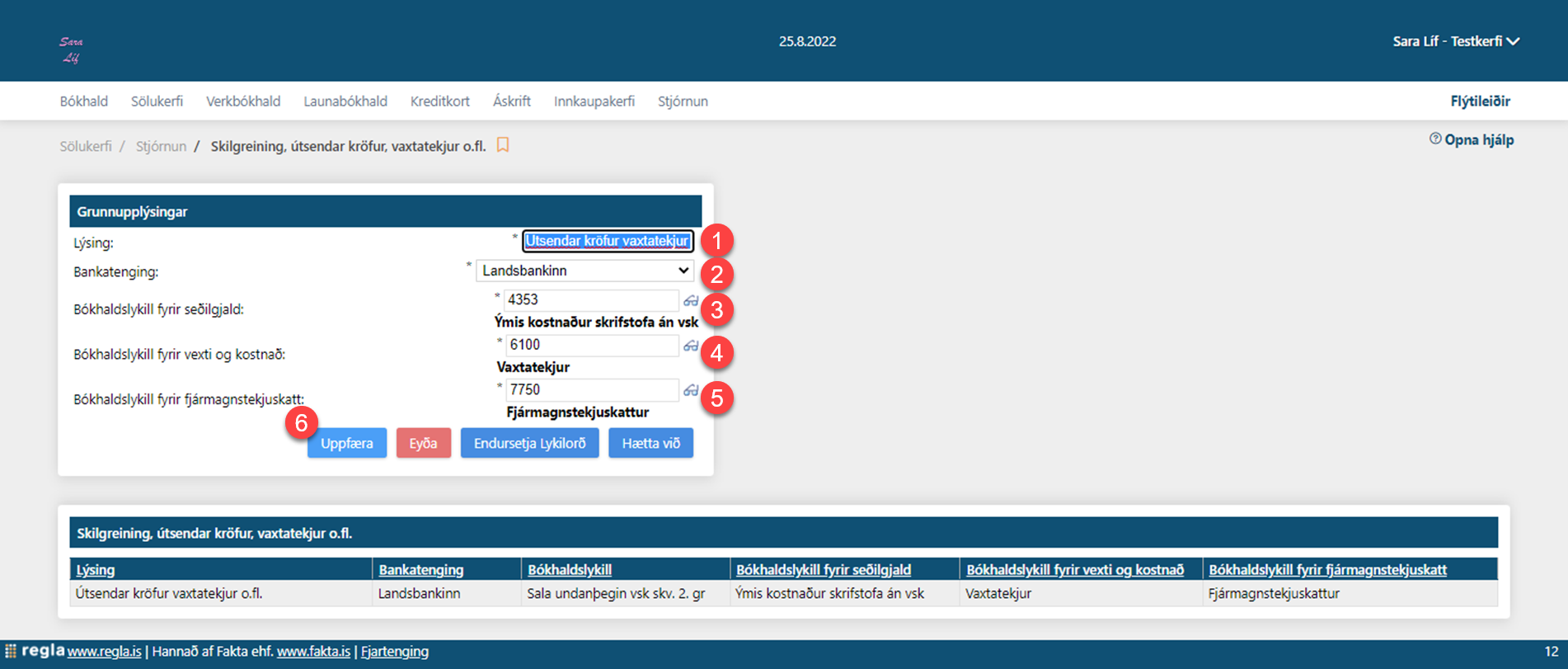Examining The Russian Military's Influence On European Stability

Table of Contents
Military Modernization and its Implications
The modernization of the Russian military represents a significant challenge to European stability. This modernization effort, fueled by substantial investment, has led to notable advancements in various military domains, shifting regional power dynamics and forcing a reassessment of security strategies across Europe.
Technological advancements and their impact on regional power dynamics.
The Russian military has invested heavily in developing cutting-edge technologies, significantly impacting the regional balance of power. These advancements include:
- Increased investment in hypersonic weapons: These weapons systems, capable of exceeding Mach 5, pose a significant challenge to existing missile defense systems, potentially destabilizing the strategic balance in Europe.
- Modernization of nuclear arsenal: Upgrades to Russia's nuclear arsenal, including its delivery systems, enhance its nuclear deterrent capabilities and raise concerns about potential escalation.
- Development of advanced cyber warfare capabilities: Russia's sophisticated cyber capabilities pose a significant threat to critical infrastructure and national security across Europe, demanding robust cybersecurity measures.
- Improvements in conventional weaponry: Modernization of tanks, artillery, and other conventional weapons enhances Russia's conventional military capabilities, affecting its capacity for regional aggression.
The deployment of S-400 surface-to-air missile systems in strategically significant locations, such as Kaliningrad, and the modernization of its nuclear submarine fleet, exemplify Russia's commitment to enhancing its military capabilities and its potential to influence regional power dynamics. These advancements have prompted increased defense spending and a renewed focus on defense strategies amongst NATO members and other European nations, directly impacting the overall European security landscape.
The impact of military exercises and deployments on neighboring countries.
Russia's frequent military exercises near NATO borders and deployments of troops to strategically sensitive regions, such as Belarus and Kaliningrad, serve as a potent geopolitical tool. This sustained military presence has several implications:
- Frequent military drills near NATO borders: These drills, often involving large-scale maneuvers and advanced weaponry, create a sense of heightened tension and uncertainty among neighboring countries.
- Deployment of troops to strategically sensitive regions: Positioning troops in areas bordering NATO countries and other key locations demonstrates Russia's capacity to rapidly deploy forces and exert pressure.
- Use of military presence as a geopolitical tool: Russia uses its military presence strategically to influence negotiations, assert its interests, and potentially intimidate neighboring countries.
These actions have a profound psychological impact, leading to increased defense budgets, heightened alert levels, and a focus on strengthening defense alliances. The potential for miscalculation and escalation remains a significant concern, directly impacting European stability.
Russian Military Doctrine and its European implications
Russia's military doctrine plays a crucial role in shaping its interactions with Europe and influencing regional security. Its emphasis on asymmetric warfare and information operations, alongside its nuclear deterrence strategy, creates a complex and challenging security environment.
Offensive and defensive strategies and their influence on regional security.
Russia's military doctrine incorporates both offensive and defensive elements, significantly impacting regional security. Key features include:
- Emphasis on asymmetric warfare: This approach utilizes unconventional methods and tactics to exploit vulnerabilities, potentially circumventing conventional defense mechanisms.
- Nuclear deterrence strategies: Russia's robust nuclear arsenal serves as a significant deterrent, influencing decision-making among its adversaries.
- Potential for conventional aggression: While nuclear deterrence is a key aspect of its strategy, Russia's conventional military capabilities also allow for a range of potential military actions.
- Focus on information warfare: Russia actively utilizes information operations, including disinformation campaigns and cyberattacks, to destabilize its adversaries and achieve its geopolitical objectives.
These elements combine to shape Russia’s engagement with its European neighbors, influencing their security policies and compelling them to strengthen their defense alliances and capabilities.
The role of proxy conflicts and support for separatist movements in destabilizing Europe.
Russia’s support for separatist movements and its involvement in proxy conflicts further destabilizes Europe. This engagement takes multiple forms:
- Support for separatist groups in Ukraine: Russia’s support for separatists in eastern Ukraine has led to ongoing conflict and significant loss of life, undermining regional stability.
- Involvement in conflicts in other regions: Russia's involvement in conflicts beyond Ukraine, either directly or through proxies, further extends its influence and destabilizes the broader European landscape.
- Use of mercenaries and private military contractors: The utilization of private military companies enables Russia to engage in conflicts with plausible deniability, adding another layer of complexity to its actions.
These actions have significant implications for European territorial integrity, fostering the spread of instability and resulting in humanitarian crises, which further impact European stability.
Responses to Russian Military Influence & Their Effectiveness
The international community, primarily through NATO and the EU, has responded to the growing Russian military influence. However, the effectiveness of these responses remains a subject of ongoing debate.
NATO's response and adaptation to the changing security landscape.
NATO has significantly adapted its strategy in response to the changing security landscape shaped by Russia’s military actions:
- Increased military presence in Eastern Europe: NATO has increased its military deployments in Eastern European member states bordering Russia, bolstering their defenses.
- Enhanced military exercises: Larger and more frequent military exercises are designed to enhance interoperability and demonstrate a commitment to collective defense.
- Development of new countermeasures against Russian weaponry: NATO is investing in developing new capabilities and technologies to counter the threats posed by advanced Russian weapons systems.
While these measures have strengthened deterrence, challenges remain. Maintaining a consistent and united response across all NATO members, and adapting to Russia's constantly evolving military capabilities, remain significant hurdles.
EU's security and defense policy in response to the Russian military threat.
The EU has also responded to the Russian military threat by strengthening its security and defense capabilities:
- Strengthening of EU's security capabilities: The EU is investing in improving its intelligence capabilities, cyber defense, and other security-related areas.
- Increased defense cooperation among member states: Greater cooperation among member states aims to enhance their collective defense capabilities and coordination.
- Sanctions and diplomatic pressure on Russia: The EU has imposed various sanctions on Russia in response to its actions, alongside employing diplomatic pressure to de-escalate tensions.
The EU's response faces challenges, mainly the need for greater coordination among its diverse member states and the need for a more unified and coherent approach to address the Russian military threat.
Conclusion
This examination of the Russian military's influence on European stability reveals a complex and multifaceted picture. The modernization of the Russian military, its assertive doctrine, and its actions in proxy conflicts significantly impact regional security. NATO and the EU have responded with increased military deployments and strengthened defense cooperation, but maintaining stability requires continued vigilance and adaptability. Understanding the nuances of the Russian Military Influence on European Stability is critical for formulating effective policies aimed at preventing conflict and promoting peace. We must continue to monitor and analyze the evolving situation, adapting our strategies to address this ongoing challenge to European security. Further research into the Russian Military's Influence on European Stability is crucial for ensuring a secure and stable future for Europe.

Featured Posts
-
 Porsche Macan Rafbill Upplysingar Um Afhendingu Og Verdlagningu
Apr 29, 2025
Porsche Macan Rafbill Upplysingar Um Afhendingu Og Verdlagningu
Apr 29, 2025 -
 How To Purchase Tickets For The Capital Summertime Ball 2025
Apr 29, 2025
How To Purchase Tickets For The Capital Summertime Ball 2025
Apr 29, 2025 -
 Navigating Adhd Diagnoses In The Age Of Tik Tok
Apr 29, 2025
Navigating Adhd Diagnoses In The Age Of Tik Tok
Apr 29, 2025 -
 Getting Tickets To The Capital Summertime Ball 2025 Everything You Need To Know
Apr 29, 2025
Getting Tickets To The Capital Summertime Ball 2025 Everything You Need To Know
Apr 29, 2025 -
 Wrestle Mania Missing Brit Paralympian Found After Four Day Search
Apr 29, 2025
Wrestle Mania Missing Brit Paralympian Found After Four Day Search
Apr 29, 2025
